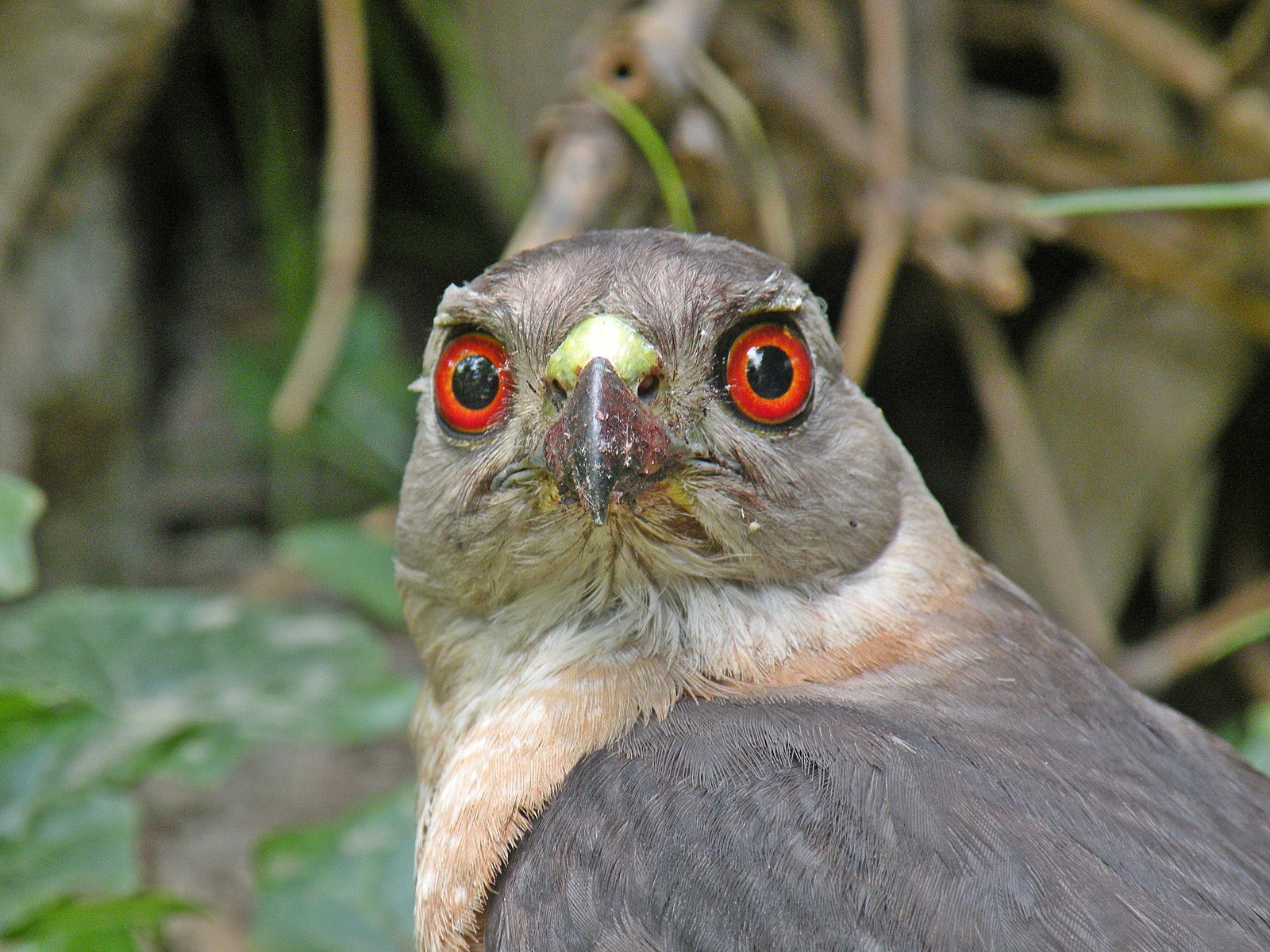Shikras (Accipiter badius) are indeed territorial birds, as evidenced by their behavior during the breeding season. Both males and females engage in slow soaring flights over their territory to proclaim their occupation. This behavior is not uncommon among birds of prey, as it helps to establish and maintain a territory for breeding and hunting.
Shikra Habitat and Behavior
Shikras are found in a wide range of habitats, including forests, farmland, and urban areas. They are usually seen singly or in pairs, and their flight is typical of hawks, with flaps and glides. During the breeding season, pairs will soar on thermals and stoop at each other, often drawing alarms from smaller birds and squirrels.
Shikra Hunting and Feeding
 Image source: ShiKRA by Suvendu suvo
Image source: ShiKRA by Suvendu suvo
Shikras are known for their fierce hunting skills, feeding on rodents, squirrels, small birds, small reptiles, insects, and even emerging winged termites and small bats. They have been observed hunting at dusk and, in rare instances, feeding on carrion. Their calls are mimicked by drongos, which may aid in stealing food by alarming other birds that the drongos associate with.
Shikra Breeding and Nesting
The breeding season in India is in summer, from March to June. The nest is a platform similar to that of crows, lined with grass, and both sexes help build the nest. The usual clutch is 3 to 4 eggs, which are pale bluish grey stippled on the broad end in black. The incubation period is 18 to 21 days.
Threats to Shikras
Shikras are not currently threatened, but they do face various threats to their survival, including loss of habitat, hunting, poisoning, and deforestation. They are also in high demand in the illegal pet trade market.
Conclusion
Shikras are fascinating birds with unique features and behaviors. Their territorial behavior, hunting skills, and wide range of habitats make them a significant predator in their ecosystems. It is crucial that we protect their habitat to ensure their survival for future generations.
References:
– Is the shikra bird a type of hawk? – Quora
– Shikra (Accipiter badius) – Birdbuddy
– Accipiter badius (Shikra, Little banded goshawk) – biodiversity explorer
– Shikra – Birds@IITK
– Shikra – Wikipedia
– Africa Wild Bird Book – Page 38

